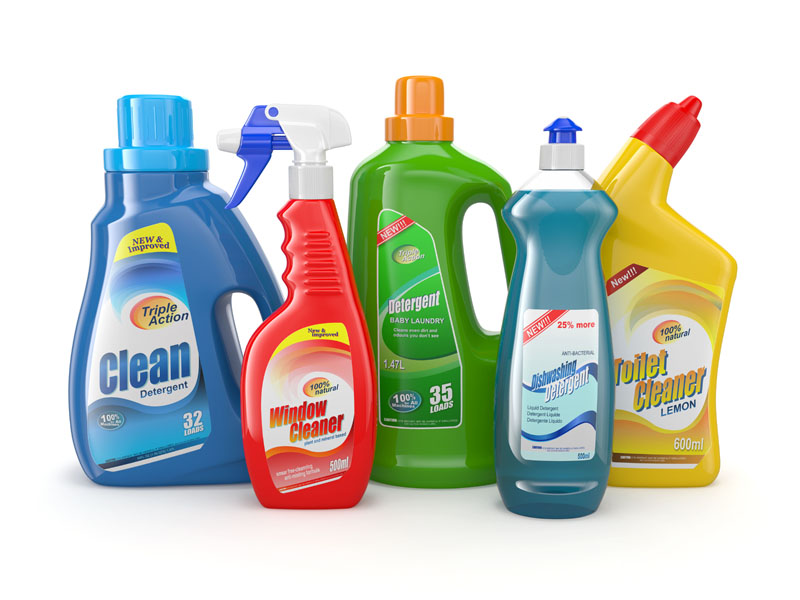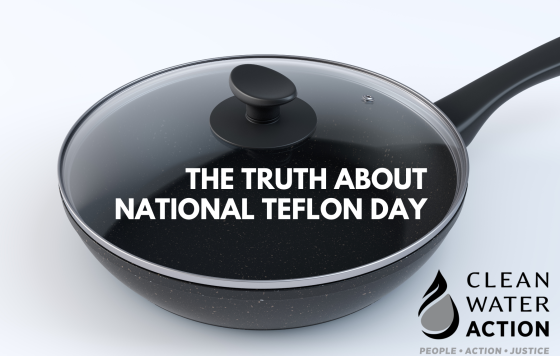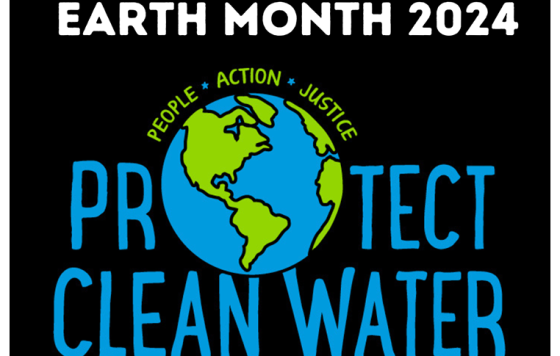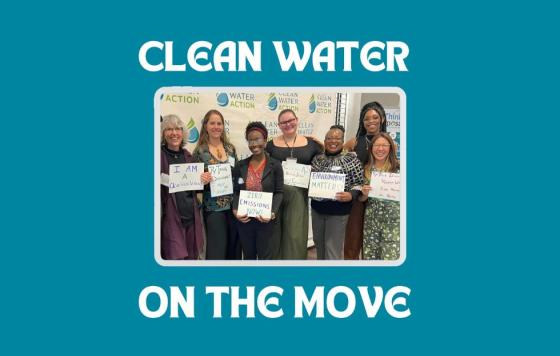
As a nurse, I worry a lot about the growing body of research linking exposure to toxic chemicals in products we use every day, with the rising incidence of disease.
It seems like reports come out almost daily citing the prevalence of harmful chemicals in children's products, furniture, cookware and in canned foods. The recent Project TENDR Consensus statement was pretty clear: "[c]hildren in America today are at an unacceptably high risk of developing neurodevelopmental disorders..." and while noting that these are complex disorders with multiple causes, including environmental toxins, the authors urged action to reduce exposure to neurotoxic chemicals
We were never taught this in nursing school. We learned about pollution in our air and our water We thought the placenta was an effective barrier to protect a developing fetus from harmful chemicals. We now know that is not true. Babies are born with hundreds of toxic chemicals already in their blood. We are just beginning to understand the negative health impacts these chemicals can have during critical windows of development.
The evidence is alarming--and overwhelming. Like most Americans, I thought products I purchased were safe. But the loopholes in our federal chemical policy are gaping, allowing thousands of chemicals to be used in products with no safety testing whatsoever. That may be beginning to change. After years of strategic and coordinated work with coalitions in states across the country, reform of the inadequate federal Toxic Substances Control Act was signed into law on June 22, 2016.
But this does not mean our work at the state level is over!
In fact, we must ramp up our efforts even more to assure bold and timely action by the U.S. Environmental Protection Agency (EPA). Continuing to push for state policies that target the most harmful chemicals will be needed to protect our most vulnerable people and build the case for comprehensive actions at the federal level. Concerned residents and coalitions must continue to press state governments to lead by passing requirements that goods purchased for state buildings are free of toxic chemicals. And we must continue to work collaboratively with the national Mind the Store Campaign to urge major retailers to work with suppliers to move away from toxic chemicals in products.
Only by working on all fronts, will real, health-protective policies become commonplace. As a nurse and a State Director for Clean Water Action, I join the scientists and physician authors of the TENDR Consensus Statement and concur that "[w]e cannot continue to gamble with our children's health." CT Clean Water Action and the Coalition for a Safe and Healthy CT, along with our partners at Safer States, will continue to fight for strong state policies, procurement initiatives and market campaigns that protect our most vulnerable citizens from a toxic chemical soup.



